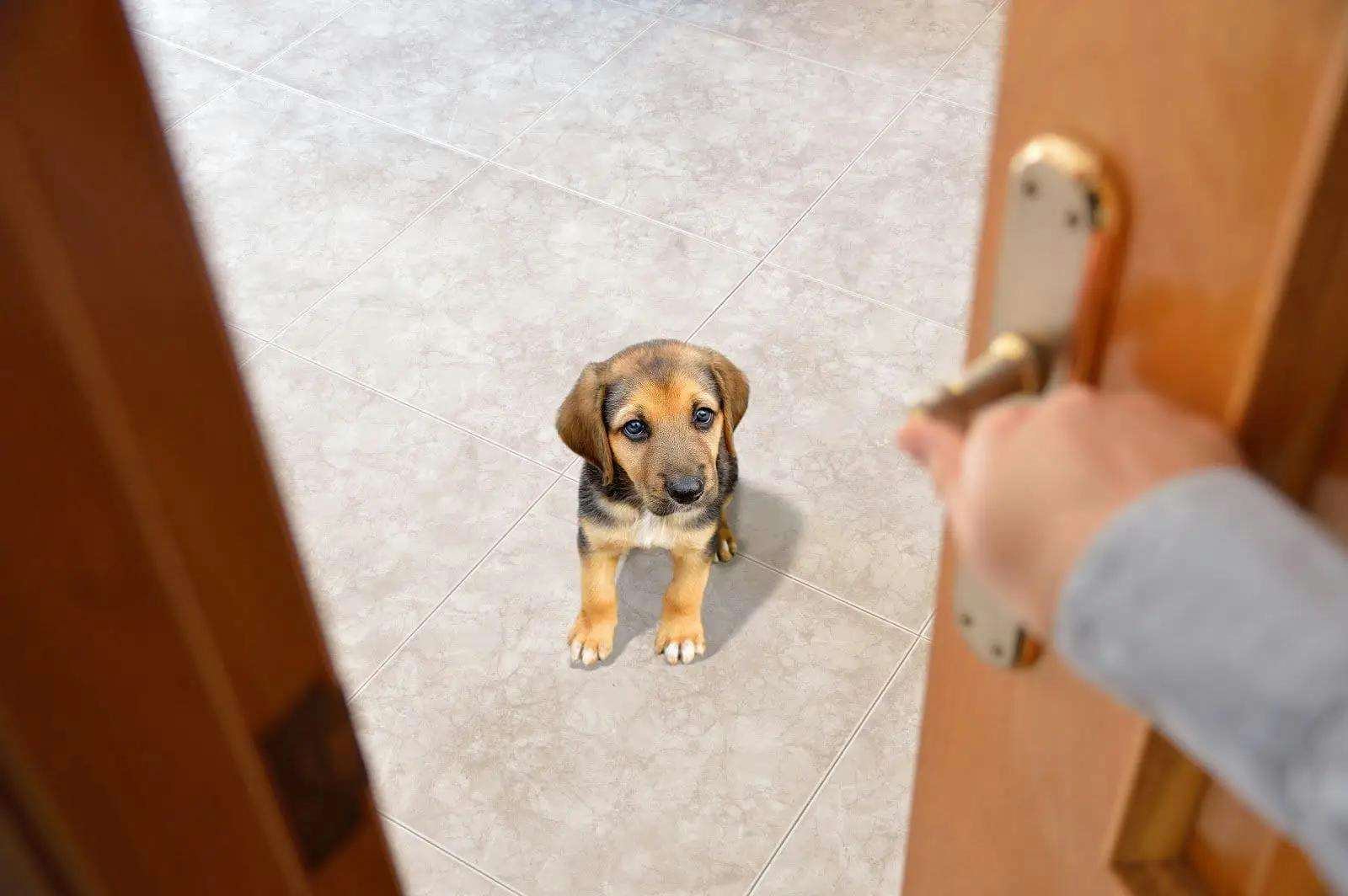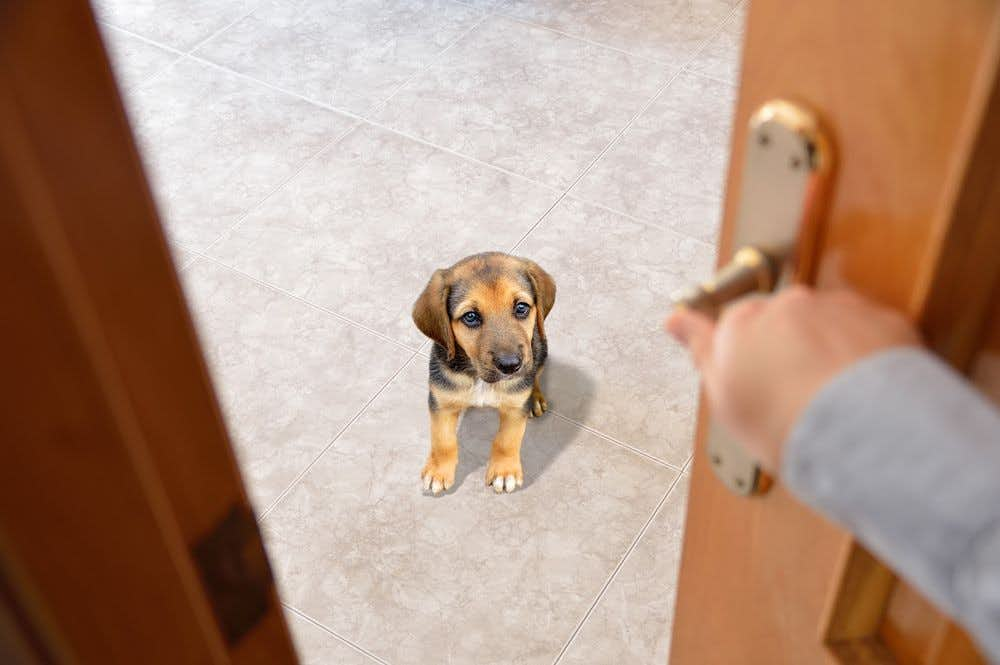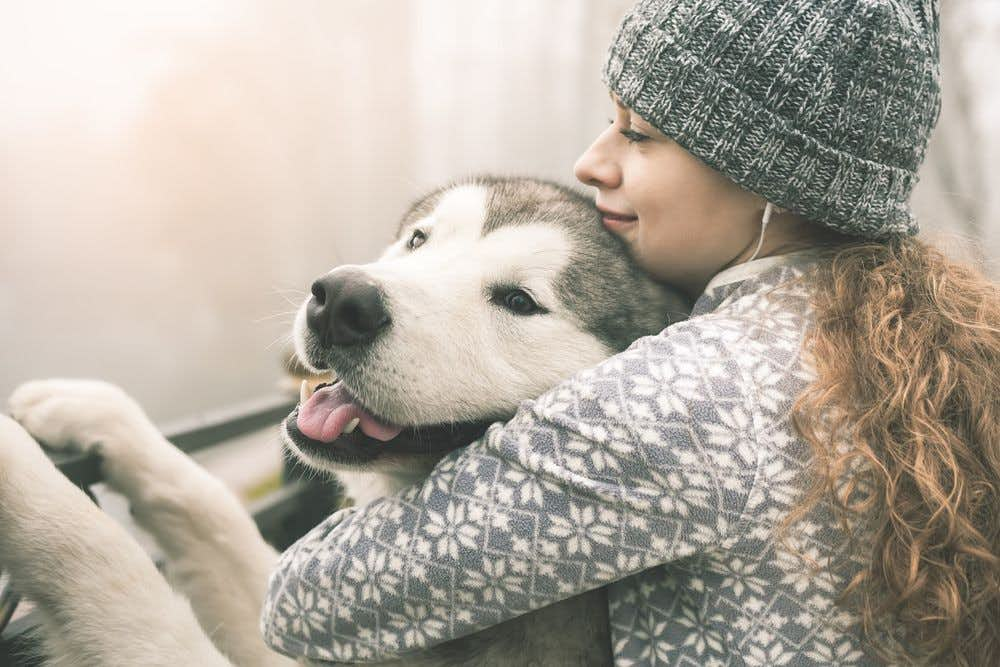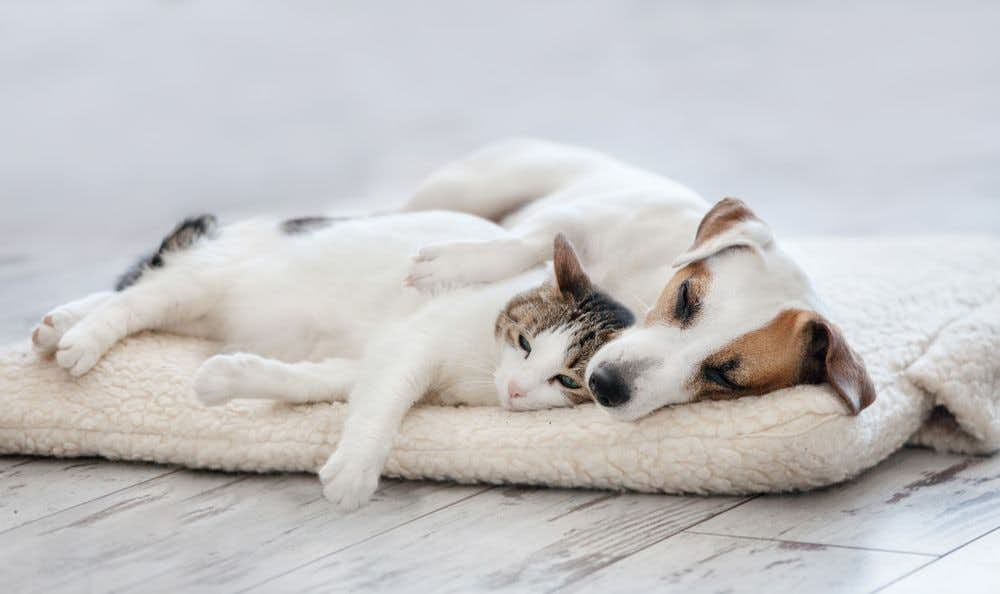June 15th, 2020

“A dog is the only thing on Earth that loves you more than he loves himself.” - Josh Billings

Pets can be a great thing for an individual, for a family, or for both. Pets can bring a great deal of joy and happiness to one’s life. Often, people express that their pet becomes a companion, a best friend, and possibly, part of the family. Pets can bring peace and some stability to one’s life as well. It can give people structure to force them into a routine and give them something to be responsible for. While this is positive, and surely comes with benefits, this can be a negative of having a pet as well.
Unfortunately, while there are plenty of upsides to having a pet, there are downsides as well. One of these downsides is the responsibility that comes with owning a pet. Having another life to be responsible for can be good practice for people, especially perhaps those who are considering bringing another human life into the world. However, the drawbacks of having another life to be responsible for can be quite impactful in one’s life. One of the greatest drawbacks to this responsibility is the guilt that may be experienced from leaving a pet during the day.
The first thing to realize about feeling guilty about leaving your pet is that these feelings are completely normal and are experienced by many people on a day-to-day basis. This means you are not alone! And sometimes, simply normalizing these feelings (and understanding others experience them too) can go a long way in alleviating the intensity of the emotions. Also, understanding where these feelings come from can also help to realize why the emotions are being experienced and help alleviate their intensity as well.

Feeling guilty about leaving your pet throughout the day is a sign that you care. You may experience guilt because you love and care for your pet and do not like the thought of them being home by their self without you. You may think that your pet is sad, depressed, or dejected when you leave, and this causes you guilt. Or, you may feel that your pet is not having its needs met (such as a dog not being able to relieve itself because it cannot get out of the house), which may cause you guilt as well. Understanding the source of this guilt can help you understand the experience of the emotion and help you deal with it moving forward.
So now that we understand where the guilt may come from and realize that this guilt is a normal experience for a pet owner, the discussion can turn to how to cope with this negative emotion. There are several ways that you can cope with the guilt that you may experience, and there are also strategies to help solve the root of the problem – the “why” of what may be causing you the guilt.
For starters, we will begin with ways to cope with the emotion of guilt before getting into strategies to help the situation…
A great way to start coping with guilt is to embrace and accept it. When trying to push it away, we may feel more guilty than if we just simply accepted the feeling in the first place. Understanding that it is an emotion that you feel because you care can help you accept this experience.
Another way to deal with the guilt is to analyze the situation and realize that you are doing the best you can do. You cannot take your pet with you everywhere you go (and you probably should not), so setting boundaries and realizing that you are not being a cruel and mean pet owner but one with boundaries and limits can help frame your emotions in a healthy manner.
Finally, you could discuss your feelings of guilt with a friend and get some social support for the situation. A trusted friend (or therapist) will help listen and give you feedback on how you are feeling.
While examining the feelings you are experiencing and working to deal with the guilt is one way of handling the situation, another strategy is to examine the situation and make changes as you see fit. This is where understanding where the guilt stems from can be helpful. For example, if your guilt is coming from the fact that you are leaving your pet alone all day by themselves, a strategy could be getting another pet. Having two pets to keep one another company can be good for the pet themselves, as well as your peace of mind knowing that the pets are not lonely.

Another strategy for leaving your pet may be taking advantage of new technology that allows you to monitor and connect with your pet. There is helpful technology that allows you to check in on your pet and see what they are doing. Many times, this will give you peace of mind and a realization that your pets are often just fine by themselves. Some of this technology will also let you interact with your pet. Some of these technological advances allow you to feed your pet and talk to them through a speaker on the device.
Finally, you can educate yourself on what happens when pets are alone. Gaining this information will help you realize that pets often spend much of their time sleeping and are okay on their own. Combining this strategy along with technology that allows you to reinforce your knowledge (by watching your pet) could be extremely effective with reducing, or perhaps even eliminating, the guilt you experience when leaving your pet.
Altogether, pets can be extremely beneficial and helpful to the pet owner. However, there are some drawbacks to having a pet. One such drawback is that people often have to leave their pet at home while they go out to work, to the grocery, or for other reasons. While leaving their pet, people may feel guilty for doing so. This is a normal feeling to experience and there are ways to combat that guilt. Understanding that your pet is probably okay while you are gone is a great place to start to reduce the guilt that is experienced when leaving your pet at home.
Our Services
Virtual/Online CarePHP and IOPAdult PsychiatryChild & Adolescent PsychiatryAdult TherapyChild & Adolescent TherapyCouples CounselingFamily TherapyGroup TherapyPsychological TestingTranscranial Magnetic Stimulation (TMS)